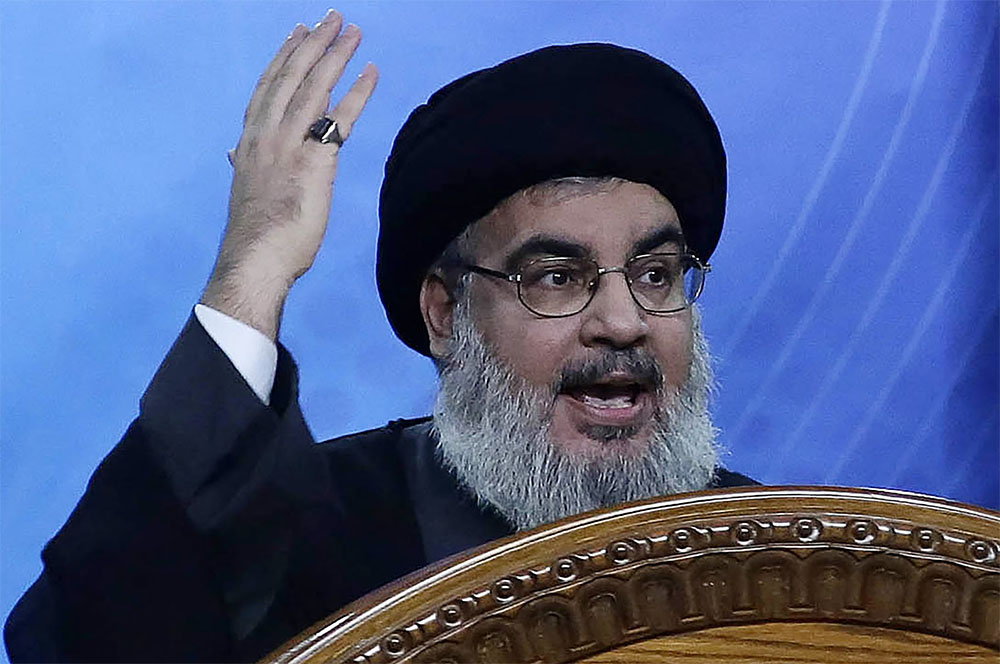Photo Credit: Getty Images
Hezbollah confirmed on Saturday that its longtime leader, Hassan Nasrallah, was killed in an Israeli airstrike near Beirut the previous evening. The assassination marks a dramatic escalation in the ongoing conflict between Israel and the Iranian-backed Lebanese militant group.
Israeli forces launched over 80 bombs on residential buildings in the Hezbollah-dominated Dahiya area, targeting what they claimed was the group's underground headquarters. Lebanon's health ministry reported at least 11 dead and over 100 injured, with the toll expected to rise as rescue efforts continue.
Nasrallah, 64, had led Hezbollah for 32 years, transforming it into a potent regional force and Israel's most formidable adversary. His death leaves a significant void in the organization's leadership and raises questions about its future direction.
Israeli military chief Lt. Gen. Herzi Halevi stated the operation aimed to "break Hezbollah by killing top commanders," potentially averting a ground invasion. However, both sides vowed to continue hostilities in the wake of the assassination.
The conflict, which began on October 8 when Hezbollah started firing into northern Israel in solidarity with Hamas, has intensified dramatically in recent weeks. The escalation has fueled fears of a wider regional war potentially involving Iran.
Iran's Supreme Leader Ayatollah Ali Khamenei issued a statement of condolence, calling on Muslims to "rise against Israel." However, he stopped short of pledging direct retaliation.
Reactions within Lebanon were mixed. In Beirut, Hezbollah supporters mourned openly, with some refusing to believe the news. "It's a huge loss for us. He meant everything to us: security, safety, honor," said Nada, a 50-year-old Dahiya resident.
Conversely, in areas where Hezbollah is less popular, some celebrated cautiously. "We're paying the price for the sake of others," remarked Youssef al-Abiyad, a Sunni resident of Beirut.
The assassination has also impacted displaced Israelis. Ofir Yehezkeli, deputy mayor of Kiryat Shemona, a border city evacuated due to Hezbollah rocket fire, noted: "It's the end of an era. It's history in the making."
The loss of Nasrallah's experience and unifying presence poses significant challenges for Hezbollah. Meanwhile, Israel's aggressive stance signals a potential shift in its approach to the conflict. With tensions high and the specter of further escalation looming, the coming days and weeks will be critical in shaping the trajectory of this long-standing regional struggle.


